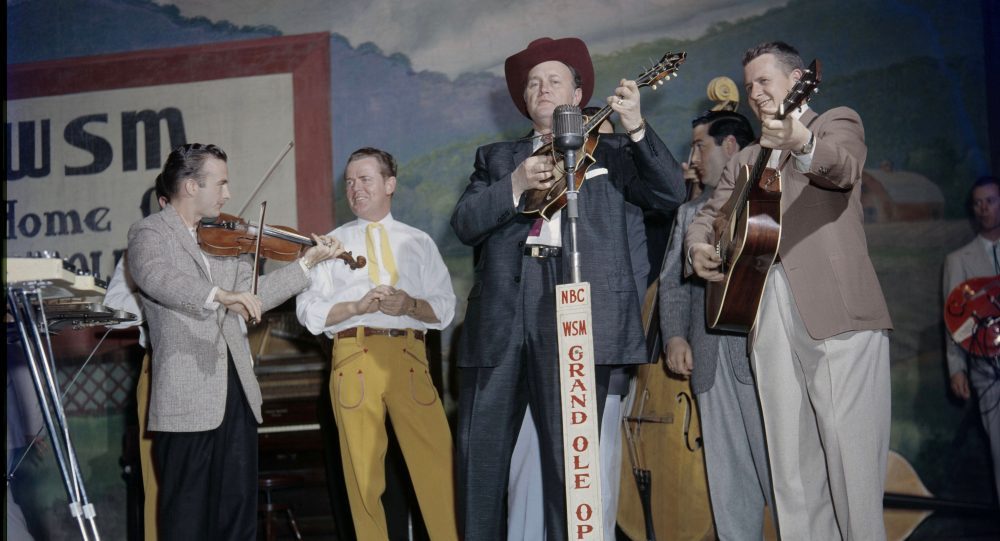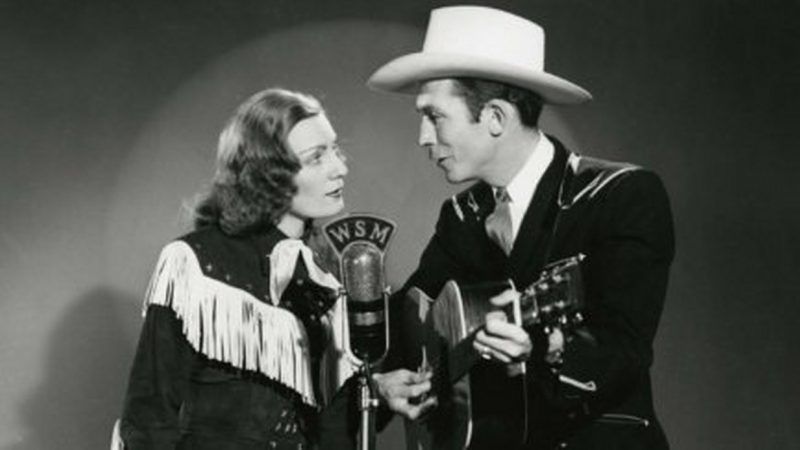Ken Burns’ new documentary, simply titled ‘Country Music’, is a 16-hour series that almost goes below the surface.

Ken Burns is not without his critics. Indeed, his series Civil War and Jazz were lambasted by experts for being reductive and lacking in depth. But the everyday viewer was provided with a general knowledge and an increased interest in a subject otherwise not on their radar. Country Music, while an improvement for historical accuracy, continues this trend.
Not many people understand country music, or why other people like it. There is a grand stereotype of twangy Texas accents singing about trucks and farms, of a music genre lacking in creativity or emotion. The series goes into the history behind country music, which started as a mix of black and white music genres – balladry, blues, gospel. In the series, Ketch Secor states that country music follows “the path of the fiddle and the banjo”. European and African instruments playing together. The narrative that Ken Burns is pushing is that at the conception of country, white people and black people found a connection through music and forged a genre together. While this may be true, there was also segregation and racism that affected these people, their music, and the country music industry.

Featured in the documentary are names like Dolly Parton, Willie Nelson, Merle Haggard, and Rosanne Cash (daughter of Johnny). Their stories help move the series along and give a more personal touch. We get to hear what country music means to them and how they express themselves through it. But the testimonies are not very diverse; they’re all titans of industry. There aren’t many scholars, critics, racial minorities, new country artists, or fans. It would have added more depth to the series if we’d been able to hear what country music means to working class Southerners, African American Southerners, Hispanic Southerners, emerging artists, and experts.
The series has touching moments and a high production value, with a solid narrative to tell. Country Music conveys a clear tale of the genre’s evolution throughout the decades, although some parts are a little sugarcoated. The segment on sexism in the industry is handled well, but this contrasts the handling of racism in the industry. There is a thought-provoking Vietnam War episode about how country became politicised and thought of as right-wing. But what about country’s political edge in the early 20th Century, the Jim Crow era, the Cold War? The series, too, has little to say about modern country or the future of the genre. It stops short of discussing the Dixie Chicks scandal; in fact it stops at the year 2000.
All in all, Country Music is a nostalgic look back at the stories of legends like Johnny Cash and Willie Nelson, and about some of the historical elements of the genre. It’s a feel-good series to watch with dinner, just pair it with some independent research.
Subscribe to FIB’s newsletter for your weekly dose of music, fashion and pop culture news!






